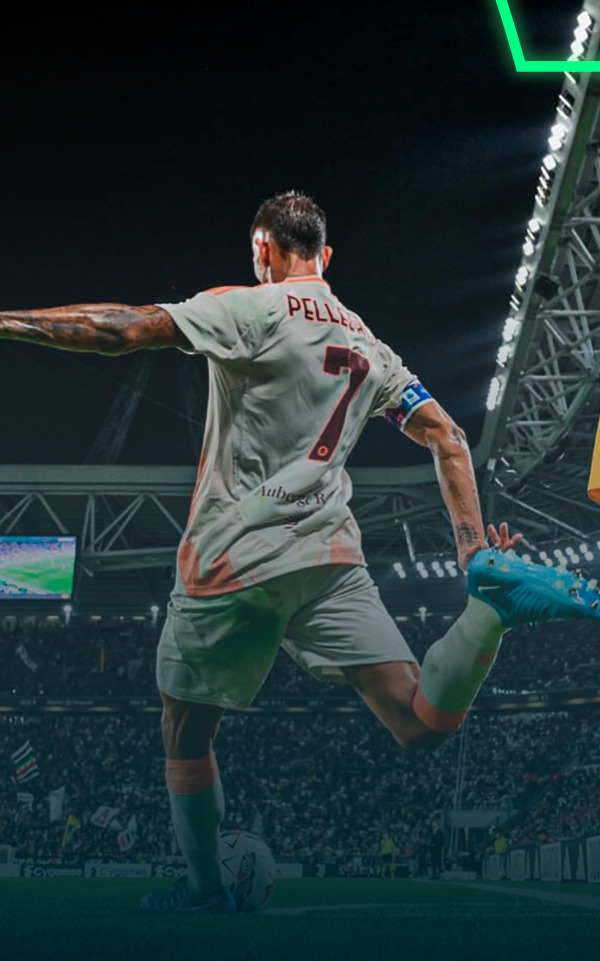How Italy is trying to tackle illegal streaming

How Italy is trying to tackle illegal streaming
In recent years, TV piracy has become one of the biggest challenges faced by the entertainment industry, particularly in sports. In response to this issue, Italy has implemented a set of strict measures to combat the illegal distribution of content, especially through IPTV platforms, which allow access to sports broadcasts without proper rights payments. In fact, changes to the Omnibus decree have been approved, toughening penalties for those involved in piracy and expanding control and punishment mechanisms.
Among the new rules, fines ranging from €150 to €5,000 stand out for those who watch or subscribe to illegal streaming services, known in the country as “pezzotto.” In addition to financial penalties, there is now a mandatory reporting obligation. Service companies such as VPN providers and DNS suppliers, often used to hide illicit activities, will be required to report any suspicious activity to the authorities. Failing to do so could lead to prison sentences of up to one year. Moreover, IP addresses used to host piracy websites can be blocked, even if they do not exclusively engage in illegal activities.
AGCOM, Italy’s communications regulatory authority, is now also empowered to block sites and domains almost immediately, using the Piracy Shield platform. This technology allows the identification of IP addresses of users who distribute or consume pirated content in just 30 minutes, with telecommunications operators then executing the block.
The financial impact of piracy on the football industry is devastating. Serie A, Italy’s top football league, has been heavily affected by declining revenues from TV rights, a problem that worsened as the league became less attractive to investors. Luigi De Siervo, CEO of Serie A, emphasized the importance of technology in combating piracy and the need for harsher penalties for those who fail to help resolve the issue. Piracy not only affects TV rights but also reduces stadium attendances, harming clubs' ability to compete at the highest level and attract renowned players.
This issue is not limited to Italy. Javier Tebas, president of LaLiga, addressed the piracy problem during the Thinking Football Summit in Portugal, stressing that the focus is no longer just on growing revenues but preventing losses. “If we don’t effectively combat piracy, we won’t grow,” he stated. The LaLiga president warned of piracy's direct impact on the decline in subscribers to audiovisual services, which will inevitably lead to renegotiation of TV rights contracts at lower values. Tebas also pointed out that the responsibility should be shared by all parties involved, from major service providers to tech companies, which, according to him, “have the ability to solve this problem but don’t want to.”
In Spain, the numbers are equally alarming: one in three people watches football for free through a pirate channel or platform, a phenomenon that, according to Tebas, is also growing in Portugal, where half the population opts for illegal services.
Back to Italy: with these new measures, the country aims to take the lead in the fight against TV piracy. The use of the Piracy Shield platform and the accountability of tech companies are important steps to contain the negative impact of this illegal practice, both in football and other entertainment sectors. However, as Javier Tebas pointed out, success in this fight will depend on broader collaboration among all parties involved, from governments to tech providers.
Italy, with a firm and innovative approach to its fight against piracy, stricter laws, advanced technology, and a collaborative strategy between various entities, shows it intends to safeguard the future of sports and the audiovisual industry, in a global landscape where piracy remains one of the biggest enemies.
News
Historic: Women's football clubs surpass €100 Million in revenue
For the first time ever, the combined revenue of top women’s football clubs in key markets has exceeded ...
How to succeed in the Sports Industry? Four tips from Rafael Nadal
Rafael Nadal is renowned for his excellence, determination, and relentless pursuit of victory. With 22 Grand Slam ...
Al-Nassr signs Esports player for record-breaking fee
João Afonso, world champion in FIFA and EA Sports FC, known as "Jafonso," has made history with the most ...
Is Netflix prepared to stream major sporting events? Insights from the Jake Paul vs. Mike Tyson fight
The live broadcast of the Jake Paul vs. Mike Tyson boxing match on Netflix marked a significant step for the platform, ...
European Leagues and FIFPro vs. FIFA: Lawyer Gonçalo Almeida explains the complaint to the European Commission
The European Leagues, chaired by Pedro Proença, along with FIFPro, has filed a complaint with the European ...
